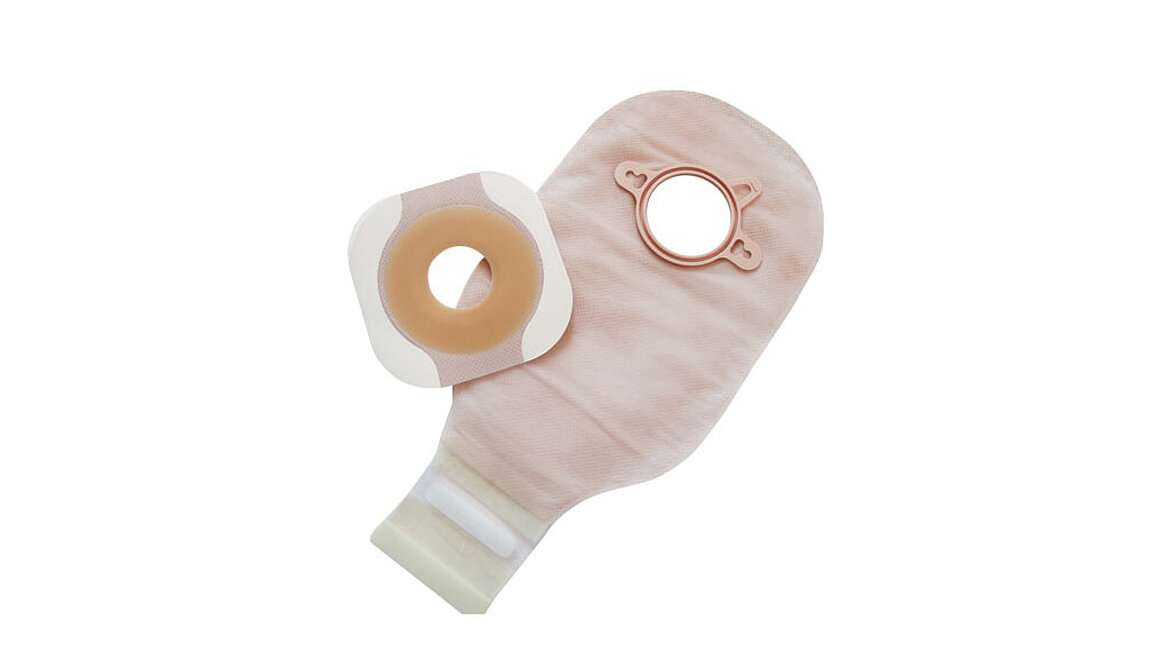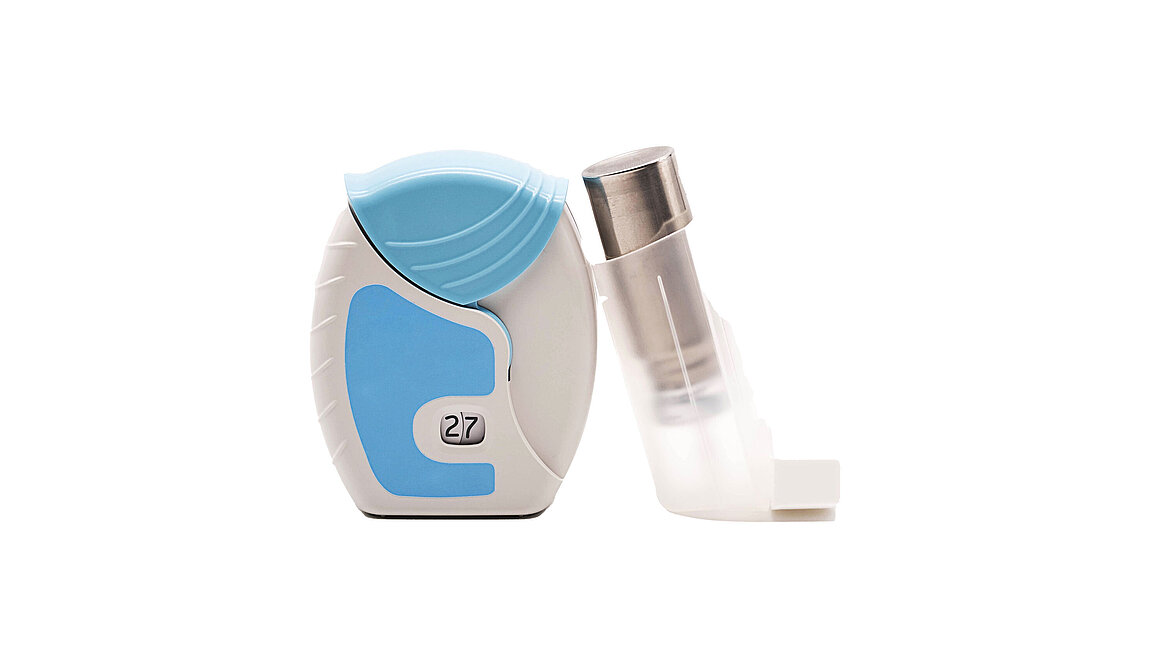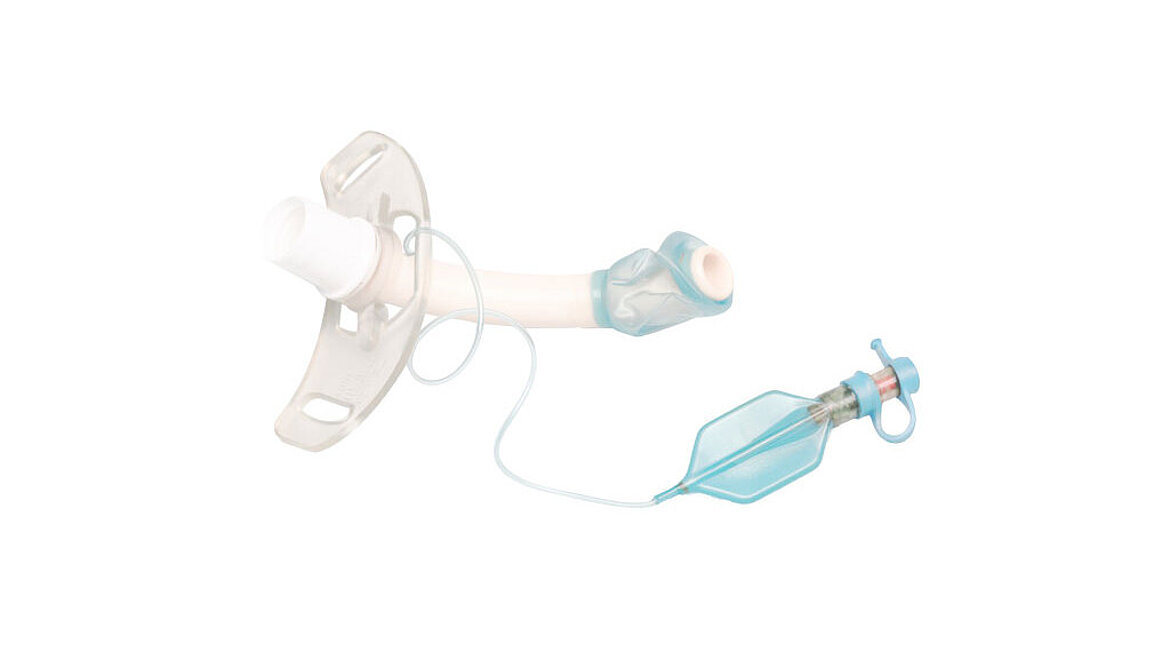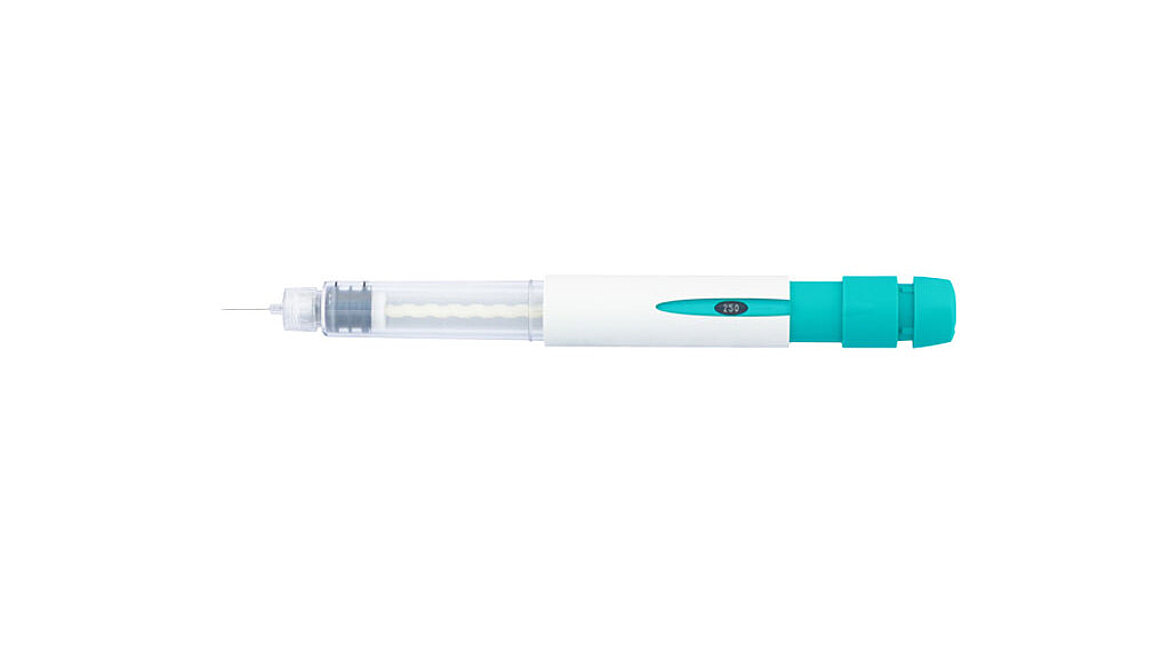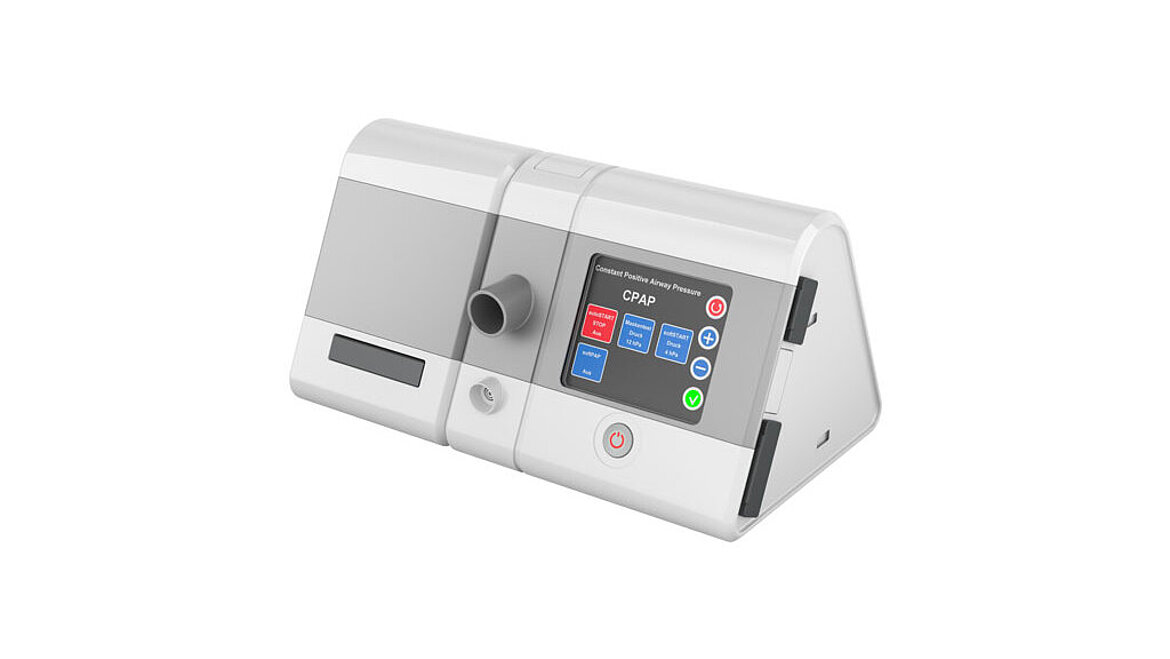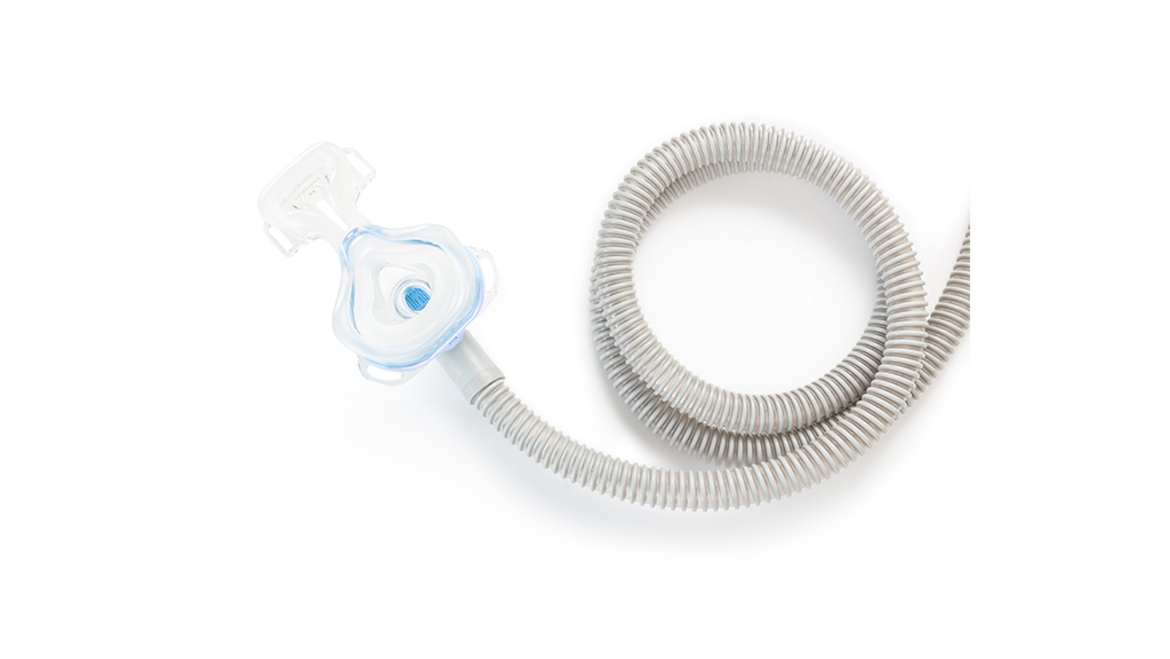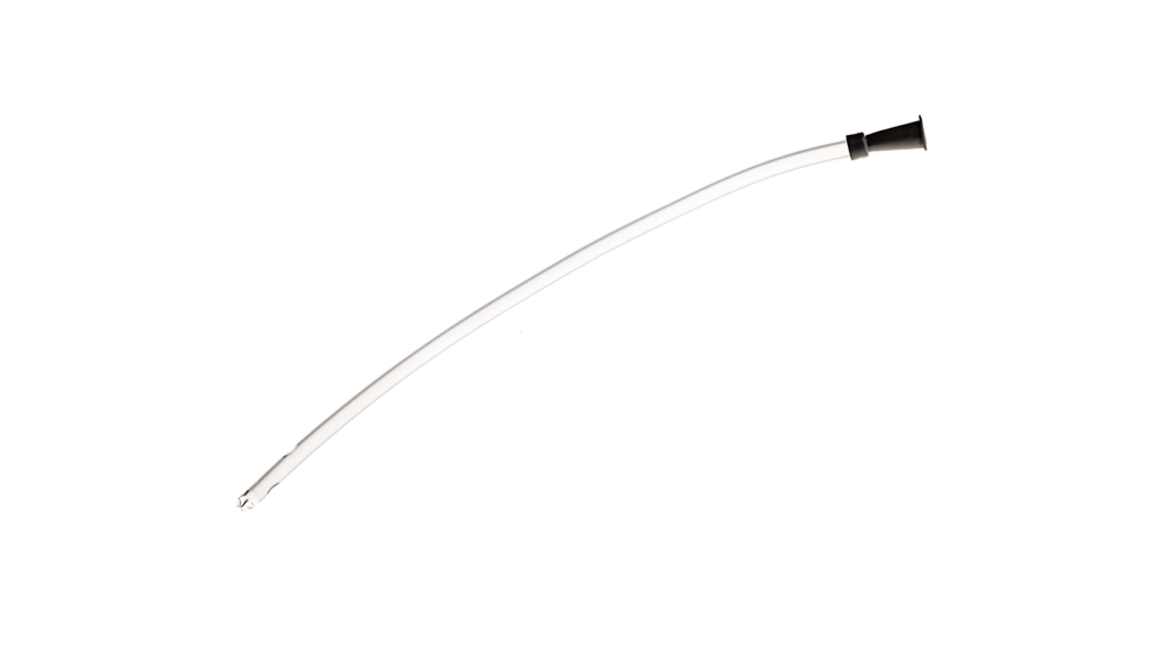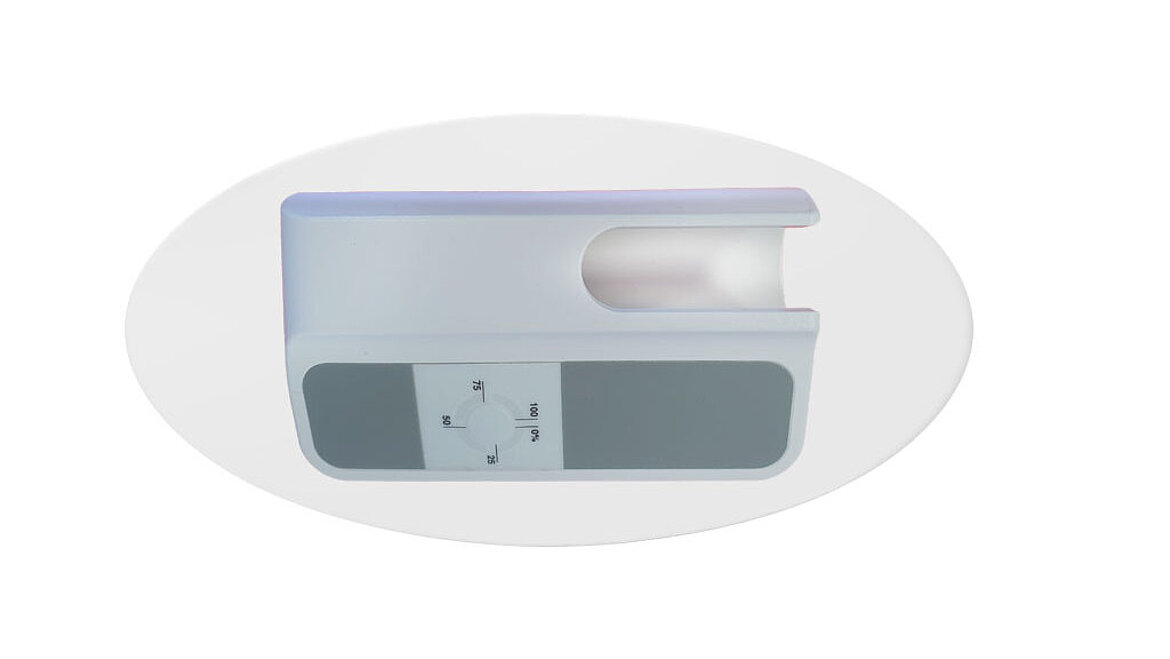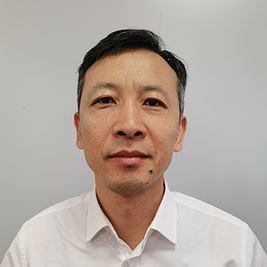Adhesive-free, Automated Manufacturing of Medical Home Care Products

More output, less cost: Ultrasonic welding for ostomy care systems, drug delivery devices, and other medical home care products improves the quality of your product and production process!
Benefit from the advantages of our efficient joining process:
- Clean Process without chemicals or joining agents
- Digital process control in real-time
- Significant cost savings
Learn more about the benefits of ultrasonic welding for your medical product!
White Paper: Automated and Safe Connections for Medical Home Care Products

Faster, safer, more efficient: Optimize the manufacturing of your medical home care products with our ultrasonic welding technology!
In our free white paper, we'll show you
- How ultrasonic welding increases the output of your manufacturing
- Common applications that can be successfully solved using ultrasonics
- Valuable insights: How ultrasonics welding works
OR
FAQ – The Most Important Questions and Answers about Welding with Ultrasonics
Ultrasonics offers two decisive advantages that increase the comfort and skin compatibility of medical products like drug delivery devices, stoma or ostomy systems:
- Improved breathability:
Ultrasonics can be used to create numerous bonds within the application without adhesives. This increases the breathability of the application. In addition, an air gap can be created between the product and the component to further increase breathability.
- Removal of harmful chemicals:
Adhesives often contain acrylates such as IBOA – a contact allergen that can cause contact dermatitis. Ultrasonics can be used to remove such substances from the devices, significantly improving their skin compatibility.
Learn more in our blog post on sustainable and adhesive-free production of medical products.
Ultrasonic welding for applications like inhalers, stoma bags or drug delivery systems is a long-proven manufacturing process. It's especially known for its safety, precision, and speed.
To develop a reliable and repeatable process, we define the right welding parameters for each application in our ultrasonic laboratory. These parameters are saved in the generator of your welding system and can be reliably reproduced for each individual welding process in your manufacturing.
The welding system's intelligent controller software ensures this exact reproduction. It monitors the process and measures up to 150 data records per weld. This not only makes the process safe, but also enables uncomplicated, digital quality control.
In ultrasonic welding, process capability (CpK) ensures that the welding process consistently produces parts within specific limits, while Overall Equipment Effectiveness (OEE) measures the machine's efficiency by evaluating availability, performance, and quality. High CpK and OEE indicate that the ultrasonic welding process is optimized for minimal variation, high-quality welds, and maximum productivity.
Learn more about how ultrasonics can make your manufacturing of home care products safer and more efficient in our white paper.
Ultrasonics can be used for the strong and permanent connection of all common thermoplastic materials, including PP, ABS, PC, etc., with minimal welding times of approx. 80 to 500 milliseconds. This makes the process ideal for manufacturing in high-volumes.
As no adhesives or other joining agents are required for the connections, there is no need for time-consuming cleaning work, heating up the tools or curing the adhesives, which speeds up the entire joining process.
Thanks to their compact design, ultrasonic welding systems can also be integrated into existing production systems and can precisely monitor joining processes.
Find out more in our blog post on automated welding of medical products.
There are numerous medical products for home use that are assembled by ultrasonics, such as intermittent catheters, injections pens, ostomy systems and many more. The joining process is used in:
- Welding of injection-molded parts
- Embedding of membranes, adhesive tapes, nonwoven materials etc.
- Swaging e.g. a silicone septum, a metal mesh etc.
- Staking of e.g. PCB, metal components etc.
Here is an overview of medical products in the home care area that are most frequently solved with ultrasonics.
With our Herrmann Engineering, we create customized welding solutions tailored to your specific needs. To achieve this, a project process involves five phases:
- Analysis: we want to precisely understand your needs and your requirements for the application. The first step is therefore an intensive exchange about the project and its scope.
- Trusted Advisor: We consult you on important questions such as the design of the components and the choice of materials. Together, we will find the right machine solution for you and carry out initial feasibility tests in our ultrasonic laboratories.
- Application Engineering: In further welding tests, we define the ideal parameters for the welding process to meet all requirements. We provide you with detailed reports on the laboratory results and recommendations for further steps.
- Perfect Product: After the laboratory tests, the results are validated in your production environment. We train your staff in the use of our machines and provide support with integration.
- Global Service: After start-up of the welding systems, we are at your side worldwide with our service team. In addition, we offer individual training, spare part deliveries, maintenance work and many other services to ensure that your manufacturing runs reliably.
Ultrasonic Welding Solutions for Medical Home Care Devices
Download More Expert Resources
Learn more about the benefits of our technology for your medical applications. Our downloads contain the knowledge from over 60 years of ultrasonics, providing valuable insights into advanced assembly techniques. By sharing our technical knowledge with you, we ensure a close partnership on equal terms so that we can realize projects as quickly and successfully as possible.
Download our exclusive resources to unlock decades of innovation and stay ahead in the rapidly evolving medical device industry.
Partner with Us
Contact our Medical Team to discover how our premium solutions can elevate the quality and effectiveness of your large-scale manufacturing of medical devices.




